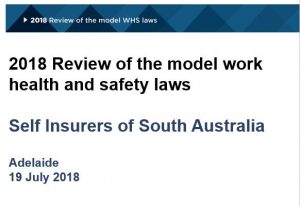 It is almost impossible to underestimate the impact that Australia’s Royal Commission into Misconduct in the Banking, Superannuation
It is almost impossible to underestimate the impact that Australia’s Royal Commission into Misconduct in the Banking, Superannuation
and Financial Services Industry is already having on the corporate cultures of Australian businesses. The effective management of occupational health and safety (OHS) relies on effective consultation, trust and respect just as does any other element in a company’s organisational culture.
The media on August 13 2018 has been

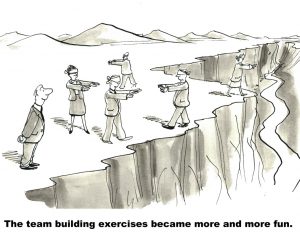
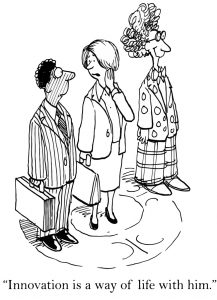
 It is a common tactic for procrastinators to acknowledge a problem and then point to an ill-defined, fluffy concept as the problem because that fluffiness makes it almost impossible to change, some use the phrase “wicked problem” similarly. The fluffy concept may be too difficult for most to understand, or the benefits will not be quick enough or not fit into an unrealistic preconceived schedule. “Safety Culture”, or the currently preferred term “organisational culture that includes safety”, is often used to justify this procrastination.
It is a common tactic for procrastinators to acknowledge a problem and then point to an ill-defined, fluffy concept as the problem because that fluffiness makes it almost impossible to change, some use the phrase “wicked problem” similarly. The fluffy concept may be too difficult for most to understand, or the benefits will not be quick enough or not fit into an unrealistic preconceived schedule. “Safety Culture”, or the currently preferred term “organisational culture that includes safety”, is often used to justify this procrastination.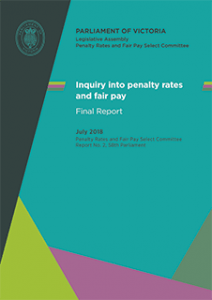 Australia currently has a lot of official inquiries into workplace issues that affect the occupational health and safety (OHS) of workers. It is almost impossible to keep up with them and, as a result, some important voices are being missed, but even if they spoke, there is a strong chance they will not be listened to. The Victorian Government has released the final report of the Inquiry into Penalty Rates and Fair Pay. There are two overt mentions of OHS that don’t seem to go anywhere.
Australia currently has a lot of official inquiries into workplace issues that affect the occupational health and safety (OHS) of workers. It is almost impossible to keep up with them and, as a result, some important voices are being missed, but even if they spoke, there is a strong chance they will not be listened to. The Victorian Government has released the final report of the Inquiry into Penalty Rates and Fair Pay. There are two overt mentions of OHS that don’t seem to go anywhere.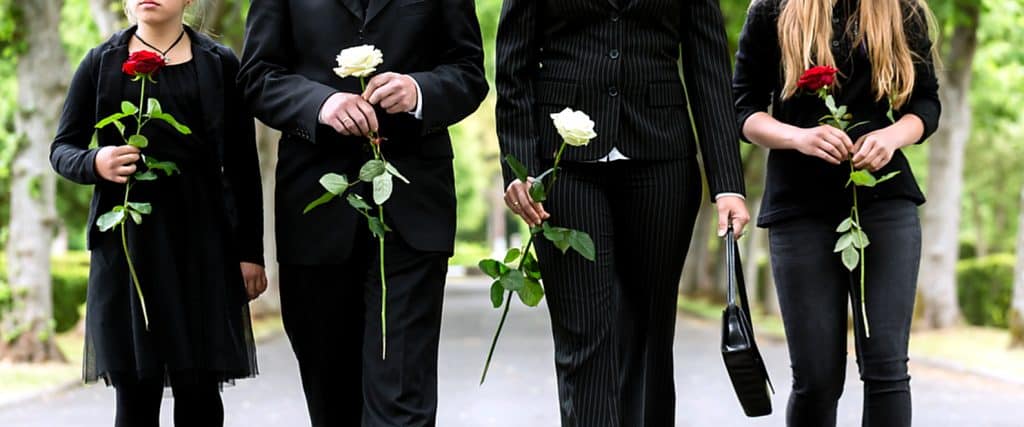 Last time we looked at the Australian Senate Inquiry into “
Last time we looked at the Australian Senate Inquiry into “